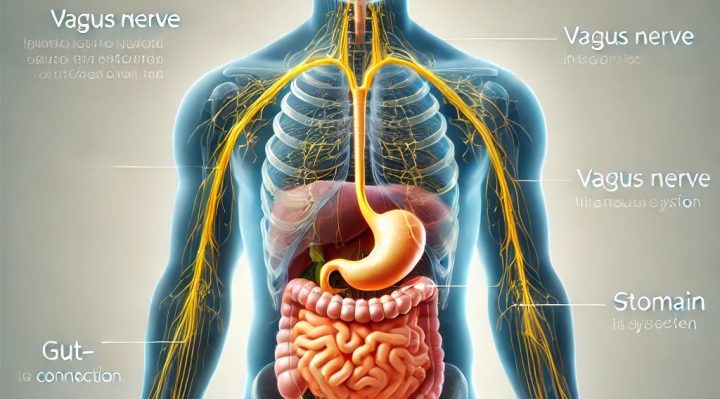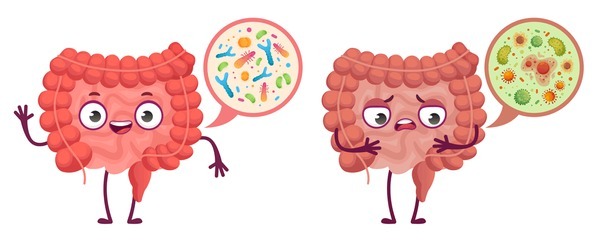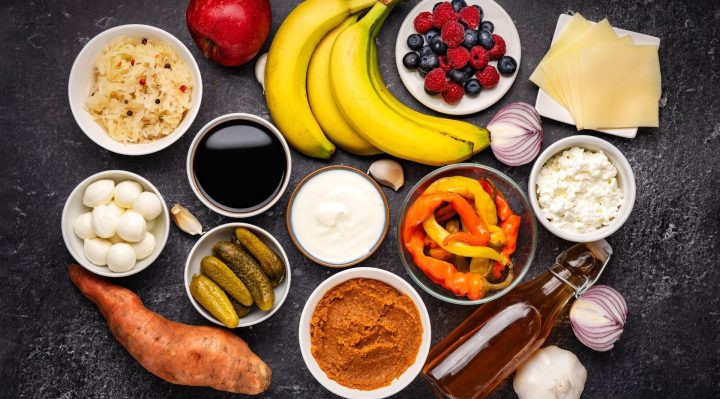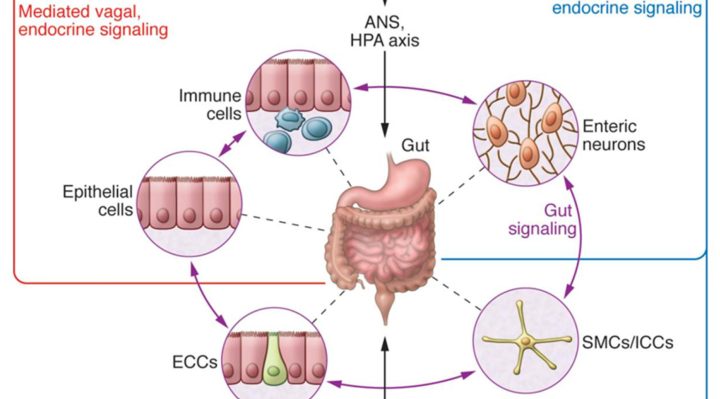The gut-brain connection is one of the most fascinating discoveries in modern health science. Did you know that your gut is often called your “second brain”? This article dives into the science behind the gut-brain axis, how your microbiome influences your mental health, and practical steps to improve your gut health for a happier, healthier mind.

What is the Gut-Brain Axis?
The gut-brain axis is a complex communication network linking your gastrointestinal system and your brain. This bidirectional relationship involves the nervous system, hormones, and the immune system. The vagus nerve, often referred to as the “information superhighway,” plays a crucial role in transmitting signals between the gut and the brain.
Recent studies have shown that the gut microbiome—the trillions of bacteria living in your digestive tract—can produce neurotransmitters like serotonin and dopamine, which directly impact mood and cognitive function.

How Your Gut Health Affects Mental Health
Poor gut health has been linked to a range of mental health issues, including anxiety, depression, and even neurodegenerative diseases like Alzheimer’s. For example, an imbalance in gut bacteria (dysbiosis) can lead to inflammation, which has been associated with depression.
Research has also shown that individuals with irritable bowel syndrome (IBS) often experience higher rates of anxiety and depression. This is because the gut and brain are in constant communication, and disruptions in the gut can send distress signals to the brain.

Foods That Boost Gut Health
Your diet plays a critical role in maintaining a healthy gut microbiome. Here are some gut-friendly foods to incorporate into your diet:
- Probiotics: Found in yogurt, kefir, sauerkraut, and kimchi, these live bacteria help replenish your gut flora.
- Prebiotics: Foods like garlic, onions, bananas, and asparagus feed the good bacteria in your gut.
- Fiber-Rich Foods: Whole grains, fruits, and vegetables promote healthy digestion and regular bowel movements.
- Fermented Foods: Kombucha, miso, and tempeh are excellent sources of beneficial bacteria.

Lifestyle Changes to Improve Gut Health
Beyond diet, several lifestyle factors can influence your gut health:
- Exercise: Regular physical activity promotes a diverse microbiome.
- Sleep: Poor sleep can disrupt gut bacteria, so aim for 7-9 hours per night.
- Stress Management: Chronic stress can harm your gut, so practice mindfulness, yoga, or meditation.
- Avoid Antibiotics Overuse: While sometimes necessary, antibiotics can wipe out beneficial bacteria.

Case Studies and Expert Opinions
Dr. Jane Smith, a leading gastroenterologist, explains, “The gut-brain connection is a game-changer in how we approach mental health. By improving gut health, we can potentially alleviate symptoms of anxiety and depression.”
A 2022 study published in *Nature* found that participants who took a daily probiotic supplement reported significant improvements in mood and cognitive function after 12 weeks.

The gut-brain connection highlights the importance of a holistic approach to health. By nourishing your gut with the right foods, managing stress, and adopting a healthy lifestyle, you can support both your physical and mental well-being. Start small—add a probiotic-rich food to your diet today and notice the difference it makes!





